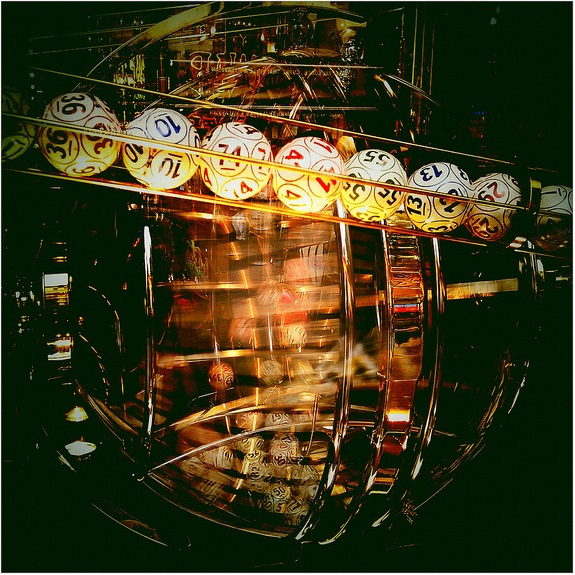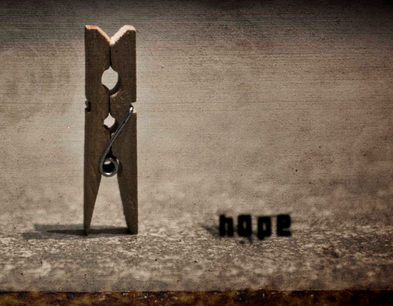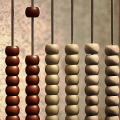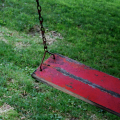Hope, Expectations, and Winning the Lottery

Most people know that the lottery is not a good investment plan. It’s not rational to invest large amounts of money in lottery tickets, because you’re almost certain to lose no matter how much cash you spend at the gas station or convenience store.
Buying a single lottery ticket or two, however, is actually quite rational. Most of us don’t play the lottery as an investment in anything other than dreaming. For a few minutes after you buy the ticket and before you scratch off the numbers, or maybe even for a few days if the winning numbers aren’t announced until later, you have the opportunity to walk around with a dream in your pocket.
You don’t expect to win the lottery. You know that the odds are astronomical, so when you learn the results, you’re hardly devastated. “Oh well,” you say. “I guess I won’t be quitting my job today.”
But in your lottery fantasy, where you spend a brief moments thinking about what it would be like to receive that oversized check, you hope for it. Your hope is not based on rationality, but that’s okay. Hope is a choice. There is value in hope alone.
The rest of life isn’t as simple as thinking about our odds with a single lottery ticket. Understanding the difference between expectations and hope, though, can help us a) make better decisions, and b) make peace with the results of those decisions.
Letting go of expectations is almost always a good idea. If you have no expectations, you’ll rarely be disappointed. You may not always be able to let go of expectations, of course. You still expect your friends to be good friends, you don’t expect to get robbed when you walk down the street, and you may even expect that most people are good. Still, the more you can let go of expectations, the better.
Letting go of hope, however, is a totally different story. Again, hope is a choice. No one can take away your hope. You can hope to win the lottery even if you don’t expect to.
You can also hope for miracles. You can keep your hopes inside you, safe from harm, and bring them to mind whenever you’d like. Because if you hope for something without expecting it, you won’t be devastated when time goes by and it doesn’t happen, but you still hold space for it in your heart. This choice, all by itself, has value.
Knowing when to expect and when to hope—and when to let go of both—is the central challenge of both states of being. The answer to this is wisdom, and wisdom doesn’t just fall from the sky. To acquire wisdom, you need life experience, including negative experiences such as pain and loss. These aren’t the kind of experiences you actively seek out, of course. But when they find you, you might as well learn from them.
###
Image: Garry







